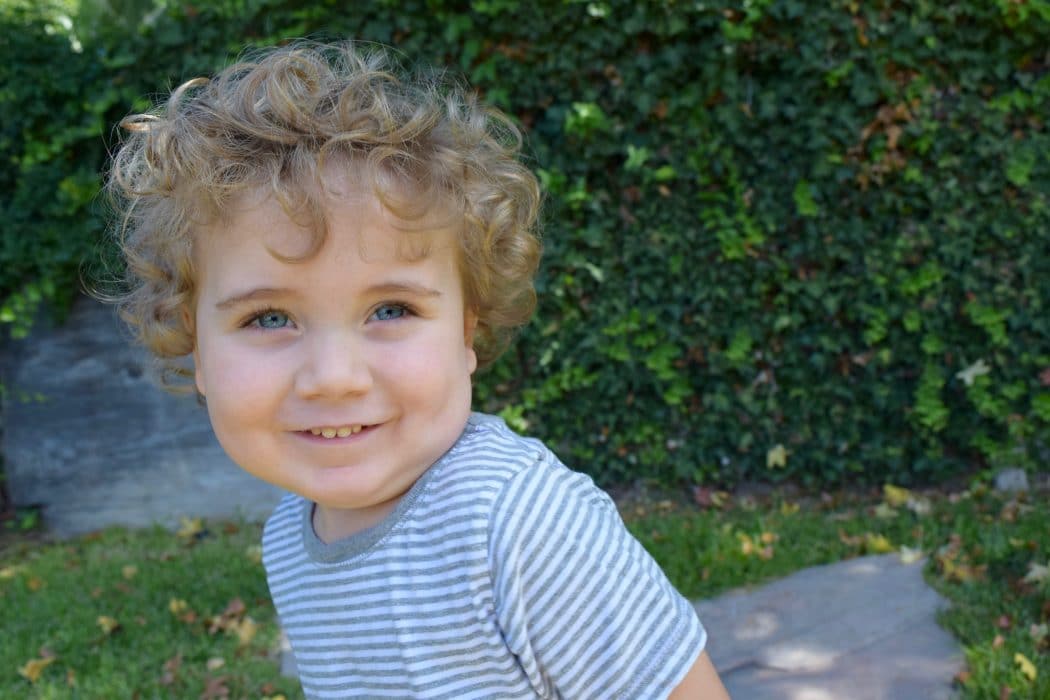Sometimes I get really excited about Dominik’s future. What will he choose for a career? What will his passions be? His hobbies? What will he be interested in? I see little snippets here and there as his personality blooms. But to be honest, it really doesn’t matter what he does for work or who he marries or what he’s passionate about. What matters, to me, is raising a kind human.
Kindness is the one human trait that truly spreads love in a world filled with chaos, suffering, and cruelty. Just a little bit of kindness woven into our day makes a huge difference in our attitudes as well as how we treat others. But I’ve read in numerous places that empathy is declining, and quickly. It makes me wonder about the future attitudes of our children, but I’d like to think it’s just a temporary issue that will work itself out. Kindness is a natural response and just needs a little care and love to bloom.
Here are some simple ways to inspire kindness and empathy.
- Talk about their past acts of kindness. Studies have shown that when kids are reminded of nice things they have done in the past, they are more likely to repeat those actions. Look at it as a form of positive reinforcement. It feels good to do a good deed and drawing up those memories brings back those fuzzy feelings. Then, we are more likely to want to bring back those nice feelings.
- Talk about feelings. Naming your child’s feelings, explaining your own, and discussing the feelings of others helps children to develop empathy. When children are able to understand emotions, they are better able to grasp the idea of kindness making another person happy.
- Model, model, model. Children naturally look to parents for guidance in navigating a confusing world. When they see us, as parents, acting kind towards others, they learn about this vital social interaction. How can they learn the specifics if they do not see it regularly?
- Ask them about their kind acts for the day. It’s super common to ask kids things like, “How was your day? What did you learn?” which is wonderful. But adding in questions about kind things that were done for them or kind things they did for others is just as important. This helps them to internalize and better understand what they can do to be nice to others.
- Help show them to be thankful. Appreciating what we have and what others give to us is a simple way to both teach kindness and politeness. There’s a ton to be thankful for just in our day to day lives. And also, helping them to understand the intention behind a gift is another aspect of kindness that kids can learn about.
- Include a kind activity. This can be as involved as volunteering at an animal shelter or as simple as delivering some baked goods to a neighbor. Acts of kindness feel really good and this will make it more likely that they will want to repeat these acts.
Of course, the most important thing is just to be kind to our own kids. Sure, it may help to sign up for volunteer work, but give them love and they will flourish.







Lovely post. Kindness is best modeled in the daily living—I agree. The world would be a much better place to live if we each lived with empathy and genuine care for others.
Thank you!